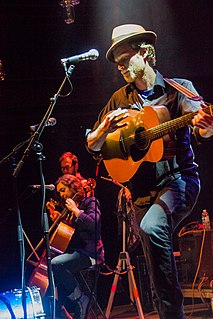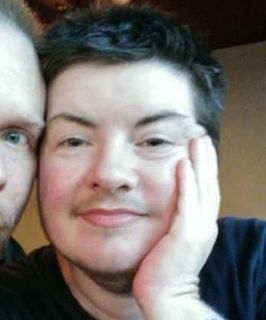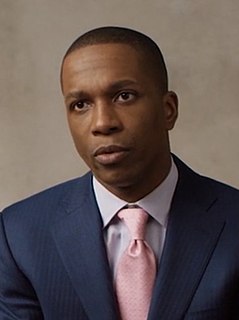A Quote by Damon Galgut
I think the impulse took shape in early childhood when I was very ill with lymphoma for a number of years. I spent a lot of time in hospitals and sick-rooms, being read to by various relatives, and I learned to associate books with love and attention.
Related Quotes
We achieve active mastery over illness and death by delegating all responsibility for their management to physicians, and by exiling the sick and the dying to hospitals. But hospitals serve the convenience of staff not patients: we cannot be properly ill in a hospital, nor die in one decently; we can do so only among those who love and value us. The result is the institutionalized dehumanization of the ill, characteristic of our age.
I think that it feels really good to be recognized in a sense of being nominated for Grammys and things like that, but part of it is, we spent a lot of time on our own making music: seven or eight years and nobody really paid attention. It feels good. We also learned to not pay too much attention to things like that, and I think it made us stronger.
Have you ever found your heart's desire and then lost it? I had seen myself, a portrait of myself as a reader. My childhood: days home sick from school reading Nancy Drew, forbidden books read secretively late at night. Teenage years reading -trying to read- books I'd heard were important, Naked Lunch, and The Fountainhead, Ulysses and Women in Love... It was as though I had dreamt the perfect lover, who vanished as I woke, leaving me pining and surly.
I have learned that my assignment is to write books for people who do not like to read books. I really try to connect with people who are not given to spending a lot of time with an open book. Pay day to me is when somebody comes up to me and says, "I never read books but I read yours." I have a heart for that person.
My daughter is seven, and some of the other second-grade parents complain that their children don't read for pleasure. When I visit their homes, the children's rooms are crammed with expensive books, but the parent's rooms are empty. Those children do not see their parents reading, as I did every day of my childhood. By contrast, when I walk into an apartment with books on the shelves, books on the bedside tables, books on the floor, and books on the toilet tank, then I know what I would see if I opened the door that says 'PRIVATE--GROWNUPS KEEP OUT': a child sprawled on the bed, reading.
Attention spans are changing. It's very noticeable. I am very aware that the kind of books I read in my childhood kids now won't be able to read. I was reading Kipling and PG Wodehouse and Shakespeare at the age of 11. The kind of description and detail I read I would not put in my books. I don't know how much you can fight that because you want children to read. So I pack in excitement and plot and illustrations and have a cliffhanger every chapter. Charles Dickens was doing cliffhangers way back when. But even with all the excitement you have to make children care about the characters.







































